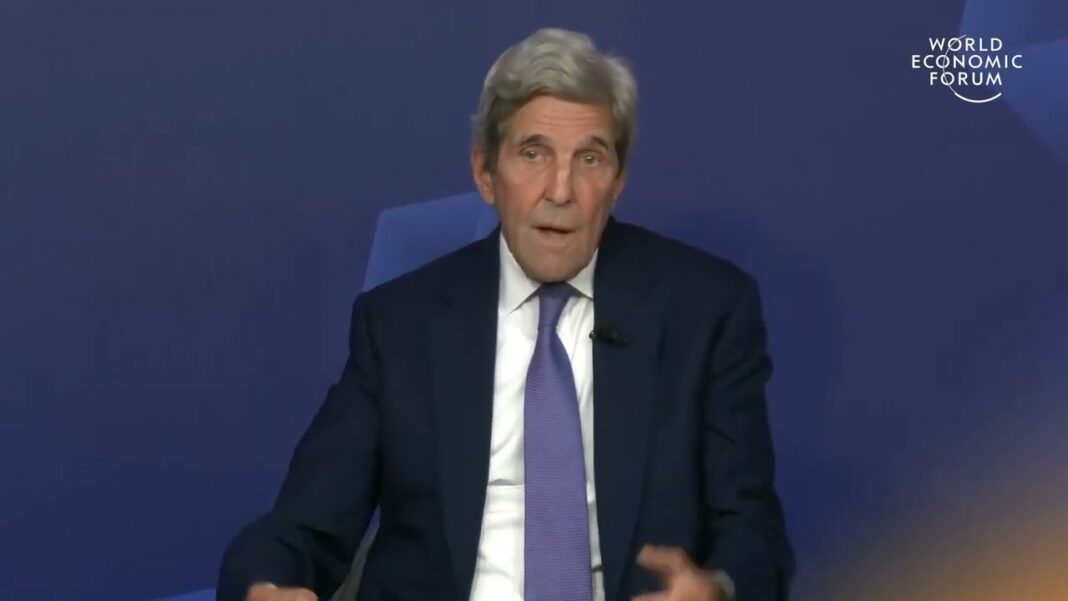The ruling denies Azoria Capital’s emergency request but leaves the broader lawsuit alive, with the plaintiff vowing to keep ‘fighting for transparency.’
A federal judge in Washington has rejected an investment firm’s request to force the Federal Reserve to open its closed-door monetary policy meetings to the public.
U.S. District Judge Beryl A. Howell on July 28 denied Azoria Capital Inc.’s request for an emergency order requiring the Fed to hold its upcoming interest rate deliberations in public.
Azoria Capital sued last week, arguing that the central bank’s decades‑long practice of holding Federal Open Market Committee (FOMC) sessions behind closed doors violates the “Government in the Sunshine Act.” That law generally requires multimember agencies to allow the public to attend their meetings, a standard Azoria claims the Fed failed to meet, subjecting the company to irreparable harm.
During Monday’s hearing, Howell said the Sunshine Act does not apply to the FOMC and concluded Azoria was unlikely to prevail on the merits. The ruling allows the Fed to continue its long‑standing practice of deliberating privately on interest‑rate decisions, which officials argue is necessary to prevent market disruption.
In its filings, Azoria alleged that the FOMC, led by Chair Jerome Powell, may be keeping rates elevated for political reasons.
“Azoria is deeply concerned that the FOMC, under Chair Jerome Powell, is maintaining high interest rates to undermine President Donald J. Trump and his economic agenda,” the complaint states, adding that secrecy “unlawfully deprive[s] Azoria and the American public of timely access to deliberations that may reveal improper political motives behind the FOMC’s decisions.”
The FOMC, a 12‑member panel made up of Federal Reserve governors and regional bank presidents, meets eight times a year to set monetary policy. After each meeting, it releases a policy statement followed by a press conference from the chair. Detailed minutes are published several weeks later, providing more context on the debate.
Federal Reserve lawyers argued in a response brief that the Sunshine Act does not cover the FOMC because its members serve on the committee by virtue of other positions, rather than being appointed directly. Even if the law applied, they said, its exemptions allow closed sessions when disclosure could trigger “significant financial speculation.”
By Tom Ozimek







